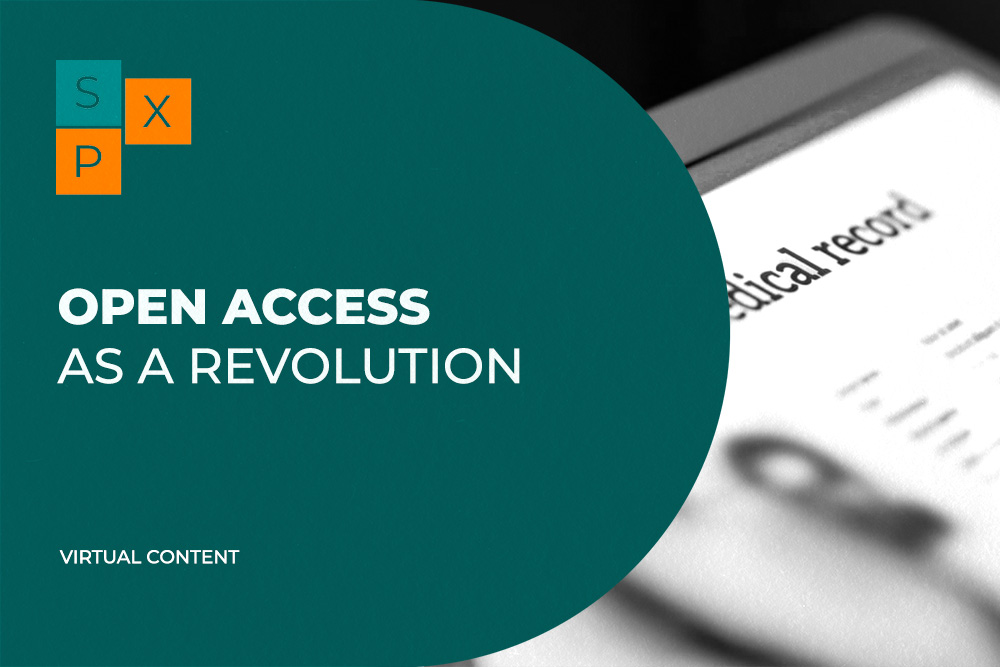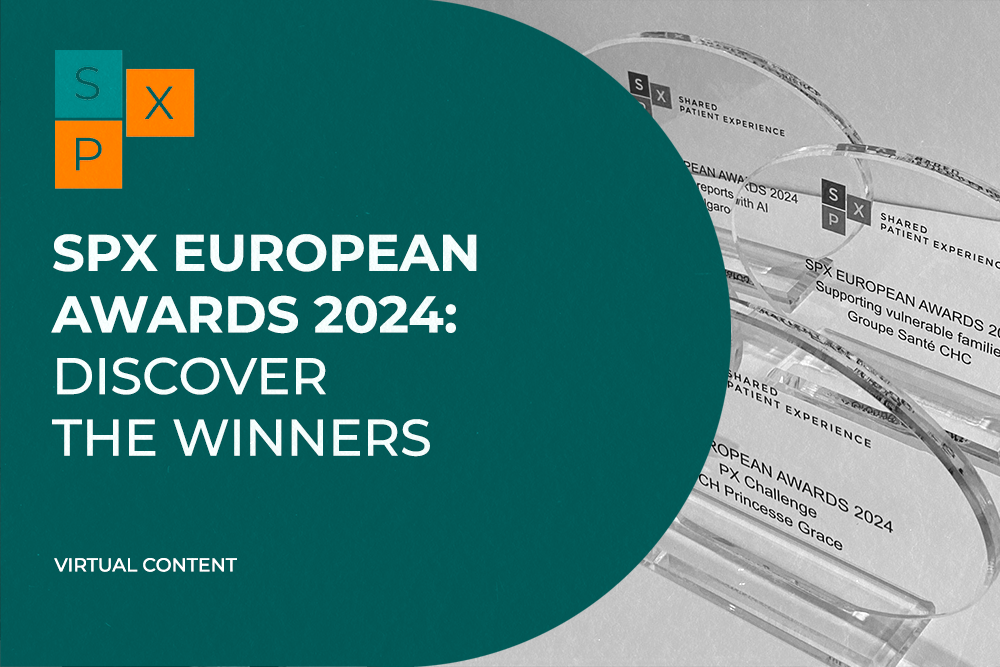
Open Access as a Revolution
A patient movement started about ten years ago, following the slogan “Gimme My Damn Data” which aims to access data in their medical records. This movement has since faced various obstacles and opposition, but it has become clear that it is essential for patients to have access to their electronic medical records and device data. However, most health care institutions have not yet understood this, so we can agree it is time for a revolution. Knowledge is power, and to withhold knowledge is to disempower patients. The following summary of Dave deBronkart’s significant developments shows us why.
Development 1: Health Information Technology Regarding Electronic Medical Records and Mandates
In the US, the computerisation of medical data is starting to be subsidised, and use penalties in the event of non-compliance. However, the usability of these systems is widely considered to be awful. We have finally evolved to a situation where we have information systems and where data can be manipulated. Although we are not yet at the end of the tunnel, we are definitely off to a good start.
Development 2: The E-Patient Movement and Participatory Medicine
In his paper “e-Patients: how they can help us heal healthcare”, Tom Ferguson describes what patients could do to contribute to their health and care by searching for information on the internet. Physicians still need to learn that internet research by patients is not a negative act. Ferguson was one of the first to oppose the idea that “only doctors can know what is worth knowing”.
Development 3: Understanding What Empowerment Is
There is still universal uncertainty about what empowerment means. However, if we are not sure about what empowerment is exactly, how can we know whether someone is doing it? The World Bank has used the following definition since 2002 when helping a developing nation become self-reliant:
The process of enhancing an individual’s or group’s capacity to make effective choices and to translate those choices into effective actions and outcomes.
This is exactly what we are looking for in empowering patients: increasing their capacity to make choices and produce results. In this context, access to medical data is empowering. Withholding medical data decreases the ability to manage our own medical choices.
Development 4: The Genesis of #PatientsIncluded
Lucien Engelen, a Dutch visionary, indicated very early on that we cannot properly do, plan, or manage healthcare (including patient data management) if patients are not involved in the process.
Development 5: Discovering Parallels With The Women’s Suffrage Movement
Many parallels can be found between feminism and the participatory medicine movement. A great example of such a parallel is that we must shift from “the boy leads, the girl follows” to a collaborative situation, just like in participatory medicine where decisions are shared. Statements such as “my patients do not request access to their data” are out of the question. A vision is required to see improvement in this context and to enable it. As with everything, we can only improve if we step out of our comfort zone and think and act outside the box.
Development 6: Resistance
As always when someone innovates or comes up with new ideas, in this case access to medical data, not everyone will immediately agree and might even resist. However, e-patients should not be seen as people who ignore doctors but on the contrary who try to obtain information on the internet that complements and can possibly enrich the knowledge of their doctors.
Intelligent patients know there is incorrect information circulating on the internet, and that they should read with a critical mind. In addition, if someone is inexperienced, it is not in their best interests to keep them naïve but instead teach them how to watch out for themselves.
There are also cases where clinicians did not trust the information that families of patients found online, resulting in the death of the patient. As the author of the article, Dave deBronkart, describes so well: “Physicians’ naïveté about this issue is a legitimate challenge to physician credibility and authority.”
Development 7: Discovering Parallels With Radically Redesigned Education
Students need to learn to question themselves and think critically. Through participatory medicine, we wish to achieve the same in e-patients. In this way, it is important that patients have access to their medical data in order to achieve empowerment. With limited access to information, we are dependent on others, whether that was their intention or not.
Development 8: Convergence of Technology and Social Awakening With the Science of Behaviour Change
According to BJ Fogg, behaviour change depends on the “motivation to change”, the “ability to take the requested action” and the “trigger” which is rarely discussed in health care and health data. That being said, if a doctor says that patients don’t do as they are told, we should not assume that all patients are the same and are brainless, but we should ask ourselves what type of change the doctor requested.
Development 9: Motivation for Action Related to the Commercial Side of US Health Care
Even though there are many committed people in the industry, there are many examples of businesspeople in the healthcare system which would do anything to maintain hospital finances at the expense of patients’ health. To counter this, we need to strive for autonomy by informing ourselves.
Development 10: Resources for Rapid Healthcare Interoperability
A revolution empowered by information resulting in autonomy and independence is happening. In the US, a new software standard for data mobility is under development. It is very important that we can access our medical records and check if all the information is correct, missing or transmitted from one care provider to another, since data failure could cause terrible damage.
Conclusions
The commercial side of health care always says that patients should do as they are told and assume they do not understand their medical records. Therefore, they question the need for patients to access their data. From a business point of view, it is difficult to take into account the feelings and needs of patients, and it can be extremely frustrating for them if these needs (such as access to medical data) are ignored or even criticised. Moreover, according to Dave deBronkart, not sharing medical data with the patients themselves is a fine example of paternalism.
However, more and more movements are emerging advocating the sharing of medical data with patients and involving patients in their care process. A good example is the OpenAPS open-source pancreas system, an invention that works better than a healthy pancreas at managing blood sugar without involving doctors, scientists or device manufacturers. With this innovation, a new, patient-created way to manage a life-threatening condition has been developed.
A revolution against limited access and patient participation has been going on for a while and will continue to evolve until the patient is heard and placed at the centre of their own care process. However, this is a long-term objective that cannot happen overnight. In addition, it is important to teach the patient how to use this new information before problems arise. To conclude, in Dave deBronkart’s words, “empowerment through information can be revolutionary, but it is not instantaneous; when we acquire a new asset, we must learn to use it.”
Read more about this study:
DeBronkart D. Open Access as a Revolution: Knowledge Alters Power. J Med Internet Res 2019;21(12):e16368. URL: https://www.jmir.org/2019/12/e16368 DOI: 10.2196/16368




